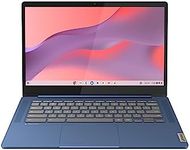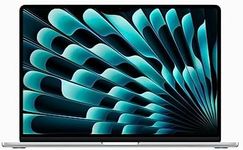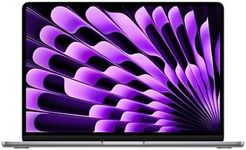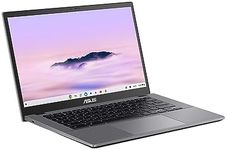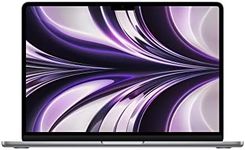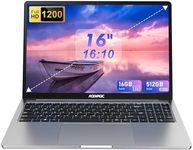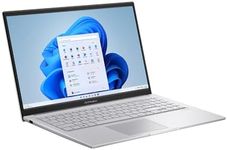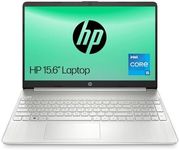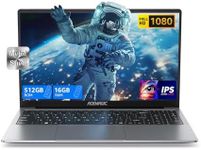Buying Guide for the Best Student Laptop Deals
Choosing the right laptop as a student can significantly impact your academic performance and overall experience. It's important to consider what you'll primarily use the laptop for, such as writing papers, conducting research, or running specific software for your courses. Additionally, think about portability, battery life, and durability, as you'll likely be carrying it around campus. By understanding the key specifications, you can make an informed decision that aligns with your needs and enhances your educational journey.Processor (CPU)The processor, or CPU, is the brain of your laptop, determining how fast and efficiently it can run applications. For students, a mid-range processor like an Intel Core i5 or AMD Ryzen 5 is usually sufficient, providing a good balance between performance and cost. If your studies involve heavy computational tasks, such as video editing or 3D modeling, you might need a more powerful processor like an Intel Core i7 or AMD Ryzen 7. For basic tasks like word processing and browsing, an Intel Core i3 or AMD Ryzen 3 will suffice.
RAMRAM, or Random Access Memory, is crucial for multitasking and running applications smoothly. For most students, 8GB of RAM is adequate, allowing you to run multiple applications simultaneously without slowing down. If you plan to use more demanding software or keep many tabs open in your browser, consider 16GB of RAM. More RAM can improve performance, but for basic tasks, 4GB might be enough, though it could limit your ability to multitask efficiently.
StorageStorage determines how much data you can keep on your laptop, including documents, applications, and media files. Solid State Drives (SSDs) are faster and more reliable than traditional Hard Disk Drives (HDDs), making them a better choice for students who need quick access to files and applications. A 256GB SSD is a good starting point for most students, offering a balance between speed and capacity. If you store a lot of large files, such as videos or design projects, consider a 512GB SSD or supplementing with external storage.
Battery LifeBattery life is essential for students who need to use their laptops throughout the day without access to a power outlet. Look for laptops that offer at least 8 hours of battery life to ensure you can get through a full day of classes and study sessions. If you're often on the go or have long days on campus, prioritize models with longer battery life. Remember that battery performance can vary based on usage, so consider your typical daily activities when evaluating this spec.
Display Size and ResolutionThe display size and resolution affect your viewing experience and portability. A 13 to 15-inch screen is ideal for most students, providing a good balance between screen real estate and portability. If you need a larger screen for detailed work, a 15-inch or larger display might be necessary, but it will be less portable. Resolution is also important; a Full HD (1920x1080) resolution is generally sufficient for clear and sharp visuals. Higher resolutions offer better clarity but can drain the battery faster.
PortabilityPortability is a key consideration for students who need to carry their laptops between classes and around campus. Laptops weighing between 2 to 4 pounds are generally considered portable and easy to carry in a backpack. Consider the laptop's dimensions and weight, especially if you have a long commute or need to carry other items. A lighter, more compact laptop can make a significant difference in comfort and convenience.
Build Quality and DurabilityBuild quality and durability are important for a laptop that will be used frequently and transported often. Look for laptops with sturdy construction, such as those made from aluminum or magnesium alloy, which can withstand daily wear and tear. Consider features like spill-resistant keyboards and reinforced hinges if you anticipate a rougher usage environment. A durable laptop can save you from costly repairs and ensure it lasts throughout your academic career.
